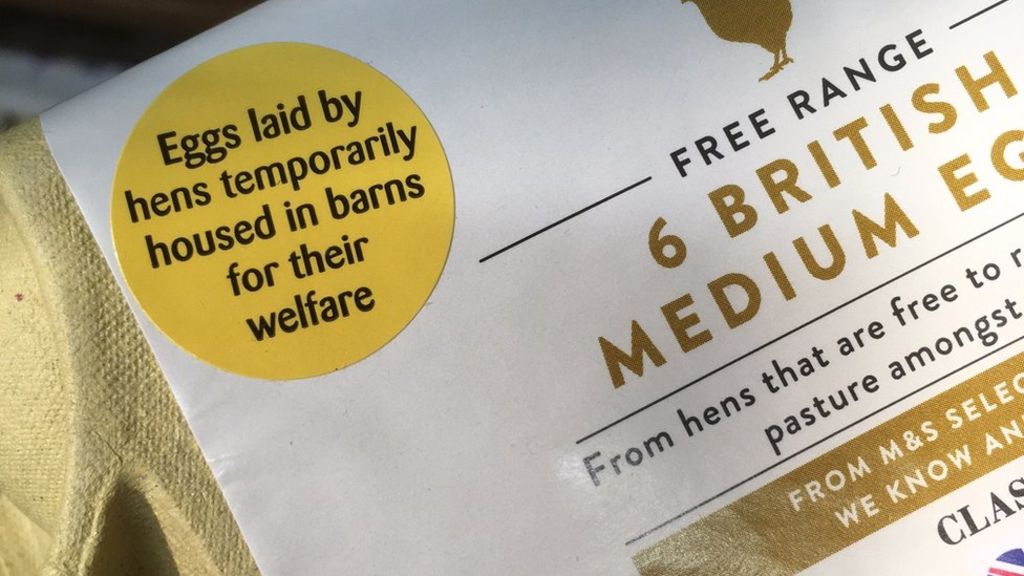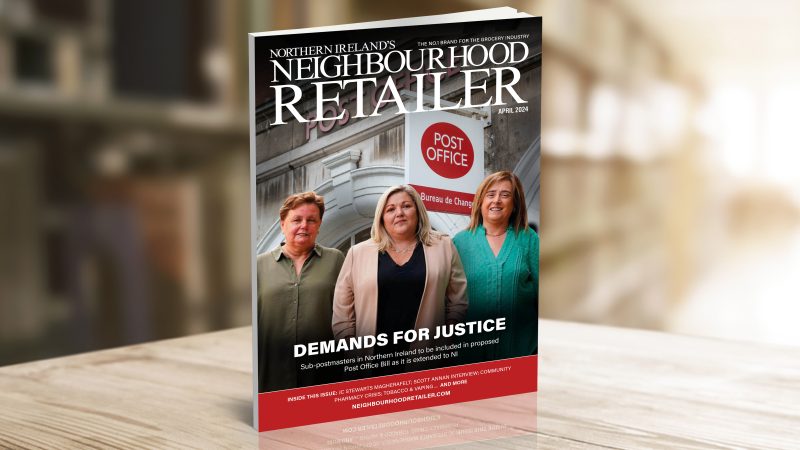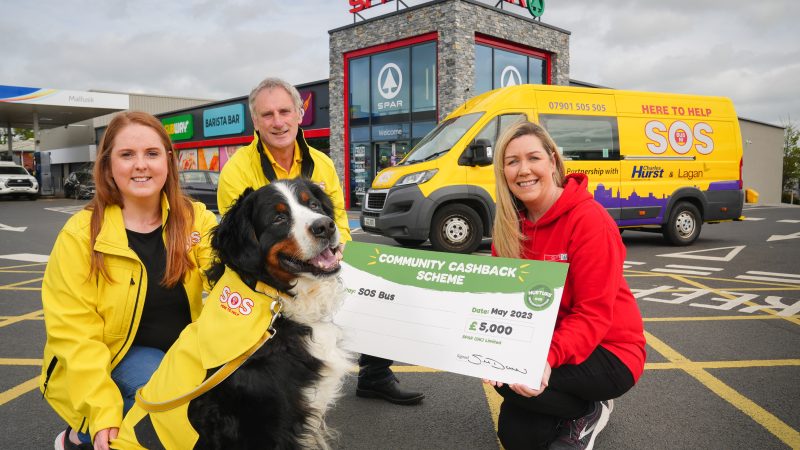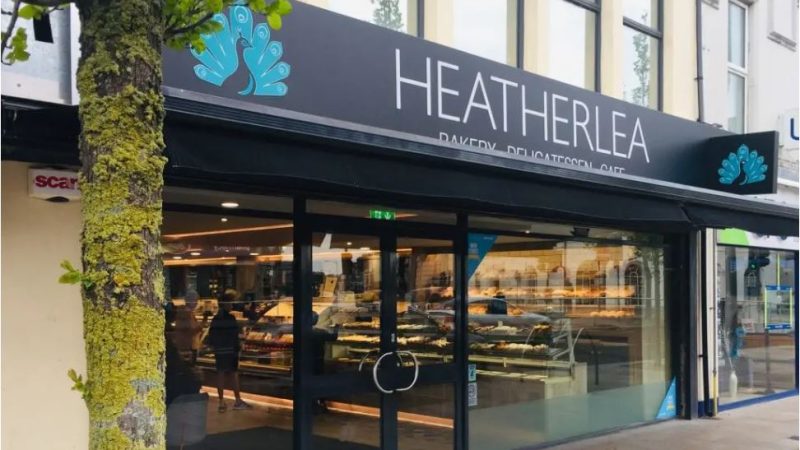NI poultry farmers braced as GB eggs change ‘free range’ labels

Northern Irish egg producers may have to follow those in Great Britain removing ‘free range’ labels from eggs.
Since December 9, poultry in England, Scotland and Wales has been kept indoors under government orders to prevent avian flu spreading to commercial flocks from wild birds.
But European Union rules state birds housed for more than 12 weeks cannot be marketed as ‘free range’.
Biosecurity measures in Great Britain had been in effect until February 28 forcing all bird keepers to house their flocks.
This week, the Government Chief Vet has confirmed new targeted measures, with keepers in high-risk areas asked to continue to house their birds, while those in low risk areas have the option to let birds outside while still taking reasonable precautions.
While the emergency measures are being scaled back, many farmers are choosing to keep their hens indoors for protection.
The GB industry has decided to label many ‘free range’ egg cartons with stickers stating the contents were “laid by hens temporarily housed in barns for their welfare”.
Mark Williams, chief executive of the BEIC said: “These are all still free-range hens, but some are temporarily housed to protect them from bird flu.
“Our research shows that consumers are supportive of farmers putting birds’ health first and 80% are happy to continue to pay the same price, or more, for eggs from ‘free range’ flocks temporarily housed inside.”
Commenting on the new measures, the British Free Range Egg Producers Association said: “First and foremost, it is crucial that consumers understand that this strain of bird flu poses no health risk to humans eating eggs. Eggs remain a perfectly safe to eat and, as always, have fantastic nutritional qualities.
“While free range egg farmers would prefer their birds to be outside, they also wouldn’t want to risk the health of their birds. Their sheds have plenty of room for the birds to move around freely and include scratching areas so birds can still display their natural instinctive behaviour.”
The February edition of Neighborhood Retailer has an extensive report into the effects of the continued restriction on the local industry.







